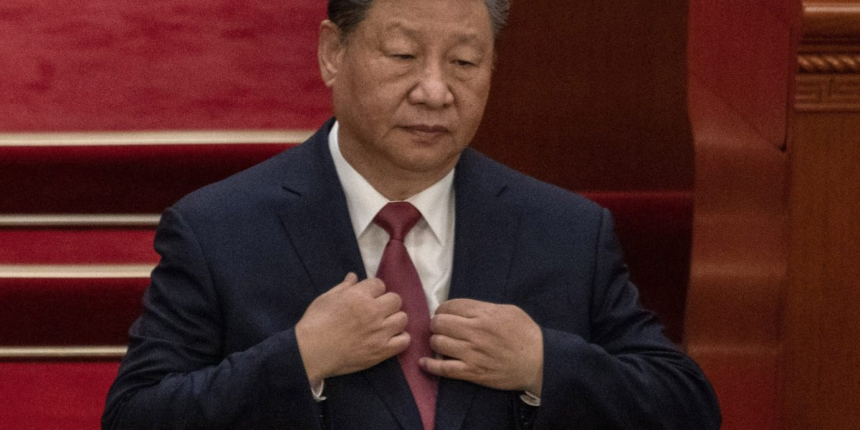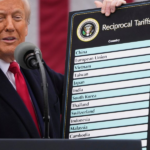Beijing’s new export controls on rare earths go well beyond restricting access to a critical technology input, according to a former White House advisor.
On Thursday, China’s commerce ministry said that starting on Dec. 1 a license will be required for foreign companies to export products with more than 0.1% of rare earths from China or that are made with Chinese production technology.
“They can do this because they diligently built industrial capacity no one else had the fortitude to build. They were willing to tolerate costs—financial and environmental and otherwise—to do it. Now the rest of the world must do the same.”
China has a stranglehold on rare earths, producing more than 90% of the world’s processed rare earths and rare earth magnets. They are used across industries, from the tech sector to automakers and defense contractors.
They are so critical that U.S. car companies have curbed production due to rare earth shortages as China has leveraged the supply to counter Trump’s tariffs.
While ongoing talks between Washington and Beijing had eased access somewhat, trade tensions were simmering ahead of the latest flare-up on Friday.
“This means that China may be using rare earths to escalate the stand-off with the US because it has no other choice,” Brooks explained. “The hit to its export sector is just too considerable, making it necessary to raise the stakes in an effort to bring US tariffs down.”
Former White House advisor Ball, who is now a senior fellow at the Foundation for American Innovation, said China’s strict rare earth controls represent an opportunity for the rest of the world to build a new supply chain that can withstand weaponization by any one country.
“Always remember that supply is elastic,” he added. “If our lives depend on it, we can surmount many challenges far faster than the policy planners in Beijing, Brussels, and Washington realize.”









